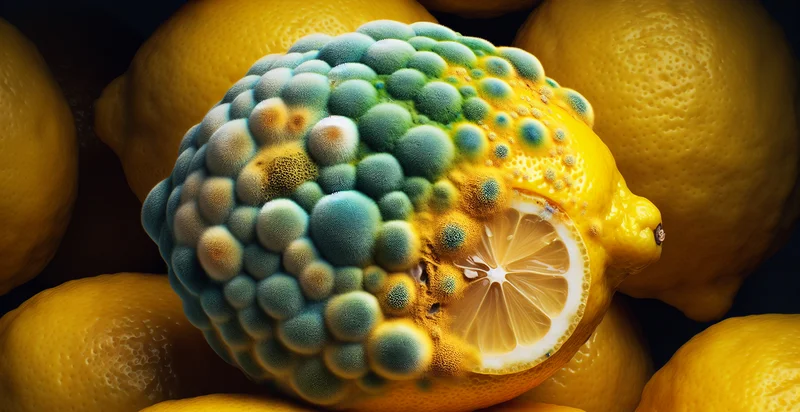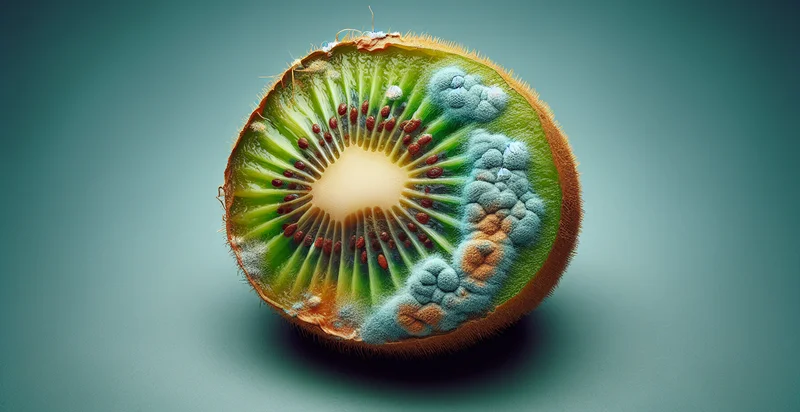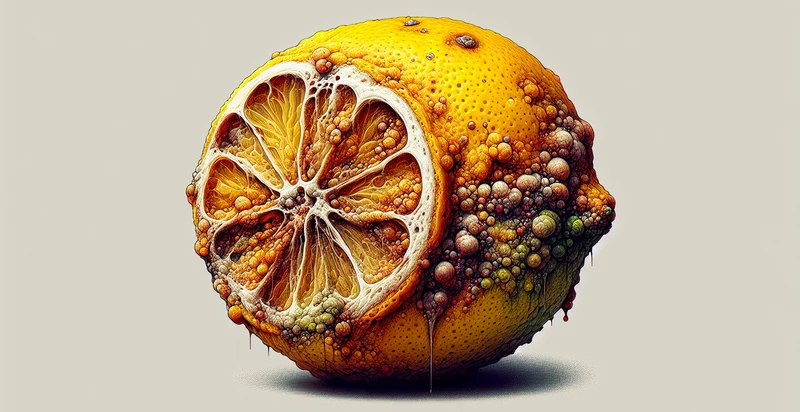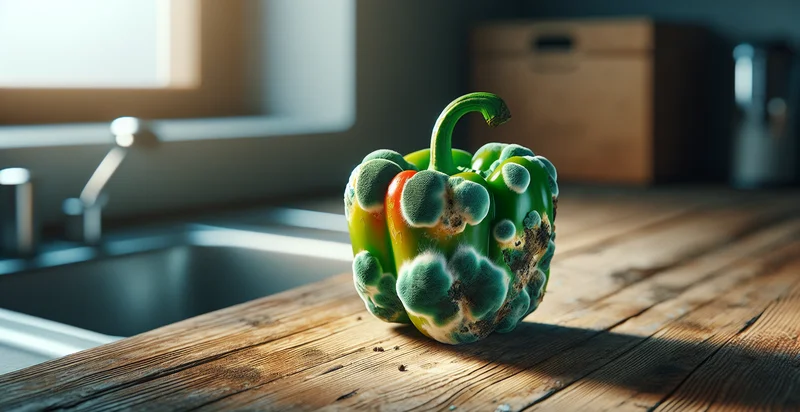Identify if lemon is moldy
using AI
Below is a free classifier to identify if lemon is moldy. Just upload your image, and our AI will predict if the lemon is moldy - in just seconds.

Contact us for API access
Or, use Nyckel to build highly-accurate custom classifiers in just minutes. No PhD required.
Get started
import nyckel
credentials = nyckel.Credentials("YOUR_CLIENT_ID", "YOUR_CLIENT_SECRET")
nyckel.invoke("if-lemon-is-moldy", "your_image_url", credentials)
fetch('https://www.nyckel.com/v1/functions/if-lemon-is-moldy/invoke', {
method: 'POST',
headers: {
'Authorization': 'Bearer ' + 'YOUR_BEARER_TOKEN',
'Content-Type': 'application/json',
},
body: JSON.stringify(
{"data": "your_image_url"}
)
})
.then(response => response.json())
.then(data => console.log(data));
curl -X POST \
-H "Content-Type: application/json" \
-H "Authorization: Bearer YOUR_BEARER_TOKEN" \
-d '{"data": "your_image_url"}' \
https://www.nyckel.com/v1/functions/if-lemon-is-moldy/invoke
How this classifier works
To start, upload your image. Our AI tool will then predict if the lemon is moldy.
This pretrained image model uses a Nyckel-created dataset and has 2 labels, including Fresh Lemon and Moldy Lemon.
We'll also show a confidence score (the higher the number, the more confident the AI model is around if the lemon is moldy).
Whether you're just curious or building if lemon is moldy detection into your application, we hope our classifier proves helpful.
Related Classifiers
Need to identify if lemon is moldy at scale?
Get API or Zapier access to this classifier for free. It's perfect for:
- Quality Control in Food Production: The 'if lemon is moldy' identifier can be integrated into food processing lines to automatically detect moldy lemons before packaging. This ensures that only high-quality, fresh products reach consumers, reducing waste and enhancing brand reputation.
- Automated Inspection in Grocery Stores: Retailers can employ this technology to scan lemon displays for moldy fruits. This capability allows for timely removal of spoiled produce, ensuring that customers receive fresh lemons and minimizing health risks associated with mold consumption.
- Inventory Management for Distributors: Distributors can utilize this classification function to assess the quality of lemons during storage and transportation. By identifying moldy lemons, they can optimize inventory turnover and reduce losses due to spoilage, ultimately improving profitability.
- Agriculture and Farm Management: Farmers can implement the identifier in their quality checks before harvest. By detecting moldy lemons early, they can prevent affected fruits from being picked, preserving crop quality and increasing the overall market value.
- E-Commerce Quality Assurance: Online grocery platforms can use this technology to ensure that lemons sold through their websites are not moldy. This enhances customer satisfaction by providing a visual guarantee of product quality, resulting in higher trust and repeat business.
- Research and Development in Horticulture: Researchers in agricultural science can leverage this identifier to study the prevalence of mold in citrus crops. Understanding mold patterns can lead to improved breeding programs and pest management strategies to enhance lemon quality over time.
- Regulatory Compliance Monitoring: Food safety regulators can employ this technology in routine inspections of food processing facilities. By identifying moldy lemons, they can enforce compliance with health standards, ensuring that food safety protocols are maintained across the supply chain.


